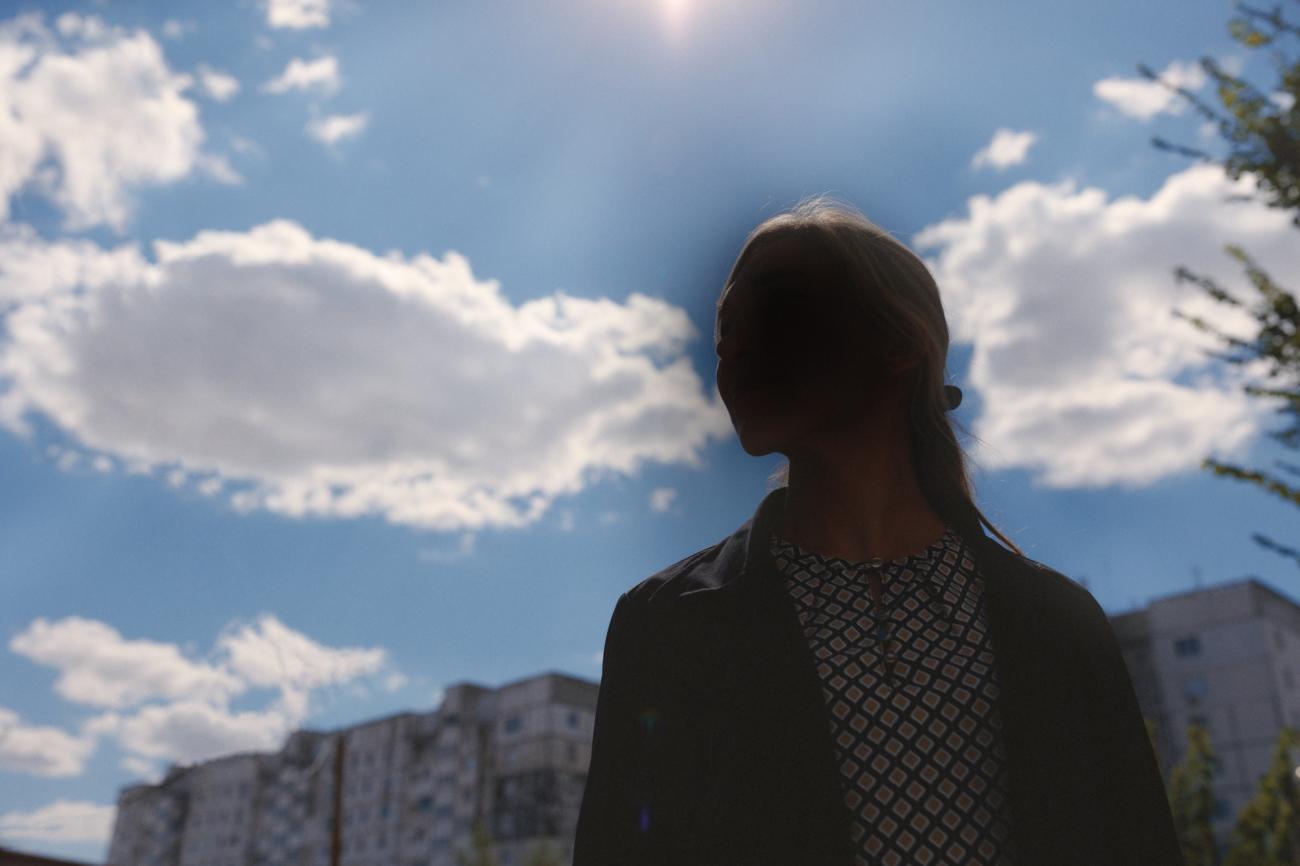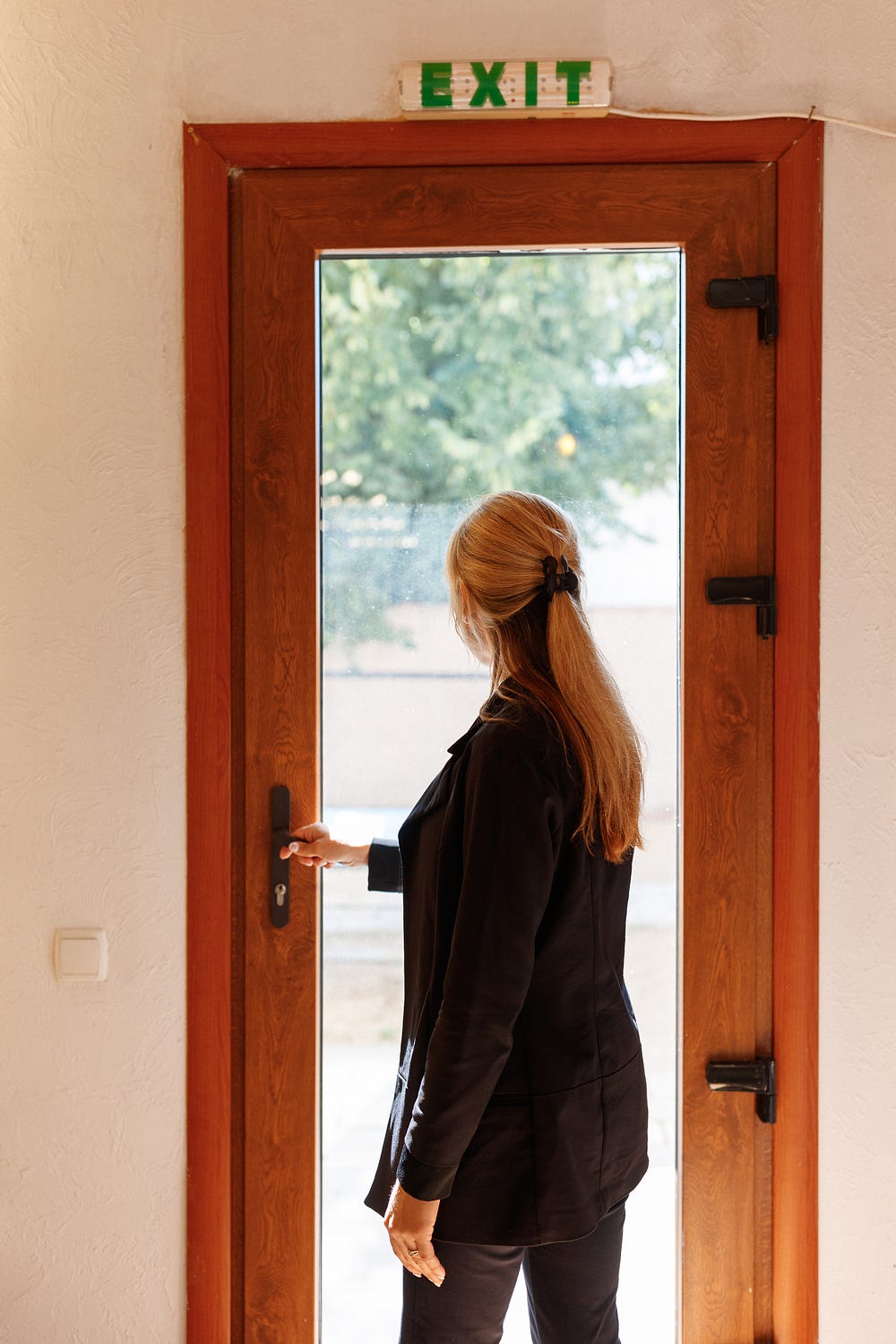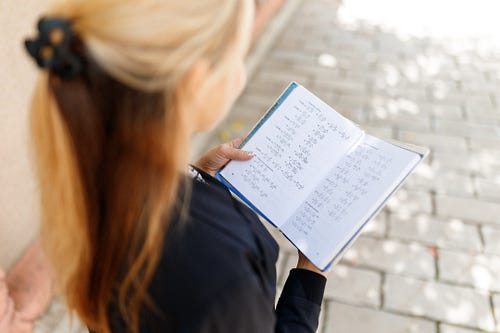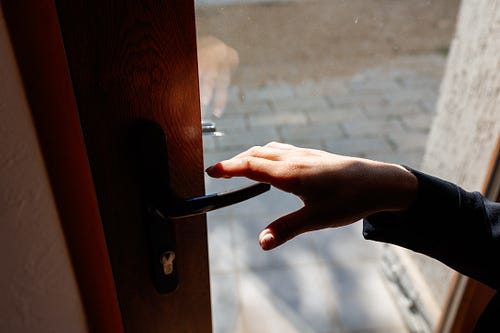“When I found out I was HIV-positive, I thought life was over… Now I enjoy every single day”

How it is like to live with HIV in the Transnistrian region, to be rejected by dearest ones and by the community and despite all odds, to thrive?
How it is like to live with HIV in the Transnistrian region, to be rejected by dearest ones and by the community, to be at the height of despair and despite all odds, to thrive?
She is Mila, a young math teacher from Tiraspol who has been living with HIV for 13 years. She accepted her status, gave birth to a daughter, graduated from university, earned good marks, and now enjoys life to the fullest:

“I am 33 years old. I live in Tiraspol with my daughter — the most loved person in my life. I work and learn. I have very little free time, but when possible — I paint. My passions and hobbies are my villa, garden, the morning runs.
I am living with HIV since 2008. I found out about my status when my husband was hospitalized with pneumocystosis*. The doctors asked me to take the test and it turned out to be positive. My husband transmitted the immunodeficiency virus to me… He died in 2009.
I do not openly share my status. The self-stigmatization hinders me. Although most of my relatives, friends and acquaintances know about my HIV-positive status and have an acceptable reaction, the fear of being rejected prevails. Stigmatization impedes me to develop, to enjoy, to feel a full member of society. This feeling is very difficult to overcome. I try, but I don’t always succeed.
I don’t even want to talk about my relationship with my relatives… It’s very difficult. My mother still thinks I’m dying soon. She screams everywhere that I’m pitiful because of my HIV status and the therapy I’m undergoing … she tells me a lot of bad words. But I know I’m a good person.

I adapted to this status for a very long time, it took me almost seven years. Self-acceptance has had a huge impact on my life. First, this influenced my choice of a husband. I don’t know why I thought I couldn’t have a normal, healthy family. I thought maybe I didn’t deserve it. That’s why my second husband was an antisocial guy. He offended me, he said that no one need such a sick spouse, and I endured, as I thought the same. I suffered everything — his drunkenness and beatings. However, the good part of my life at that time was that I continued to come and communicate with the consultants of the Social Support Center for People living with HIV from Tiraspol. I was interested to learn more about the life with HIV, and I found out a lot of useful information.

In 2015, I decided to change my life and leave the construction site where I was working to enter the University of Physics and Mathematics of Tiraspol. I was 27 years old. My colleagues at the Center and my mother-in-law supported me in this decision. After all, when people believe in you, you are ready to move mountains. I was admitted to university, free of budget.
After my first year of study, I radically changed my view on life, on HIV. That’s when I decided to leave my husband. And I did it. Then, in 2017, my long-awaited daughter was born. Of course, it was very difficult for me. I gave birth to her at the end of my second year of study. I hardly complete the third year of study, but in the end, I graduated from university, earning excellent grades. And I’m very proud of that because I know how much I’ve worked.

As for the feelings, I had then and now… Then I thought that my life was over, and I was periodically depressed. Now I enjoy life, every day I admire the sunrises and sunsets… I enjoy everything I have, even if not all of them are perfect or as I would like them to be.
At beginning, to overcome the difficulties, I was looking for power inside me. I wanted to prove to everyone and myself that “I can”, I just have to want it and make an effort. Especially I wasn’t happy with my life, my husband, the drunk workers at work… I really wanted to give up everything and live differently, better. Now everything has become simpler — my power is my daughter. I want to be an example to her. I want her to be proud of me.
I don’t lack communication, but I can’t say that I have many friends. The person I trust, my friend is my mother-in-law — the mother of my late husband.
For me, the most important thing is for my dearest and closest people to be healthy and happy.
Since 2020, Mila attends the activities of the capacity development program to promote human rights in the underrepresented groups on the left bank of the Nistru river, implemented by OHCHR with the financial support of Sweden through the One UN Joint Action “Cross-river support for human rights”. Also, thanks to a grant offered by UNDP through the One UN Joint Action to the CSO “Альянс общественного здоровья” from the left bank of Nistru, Mila attends trainings to become a paralegal specializing in preventing discrimination against people living with HIV in the Transnistrian region. * It is the most common infection in people living with HIV.


